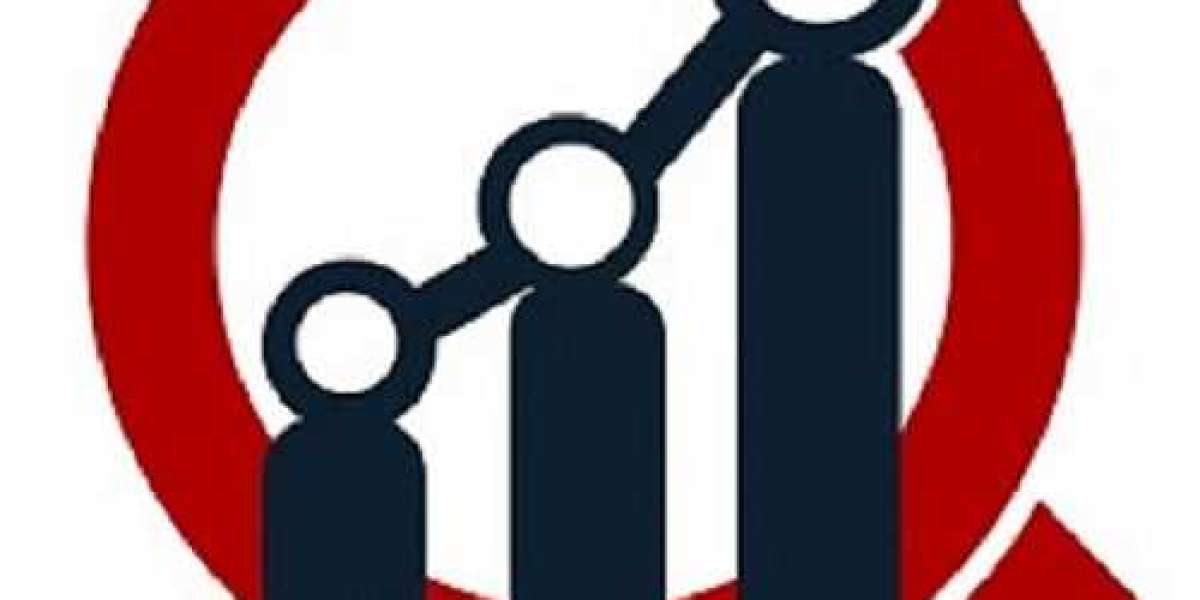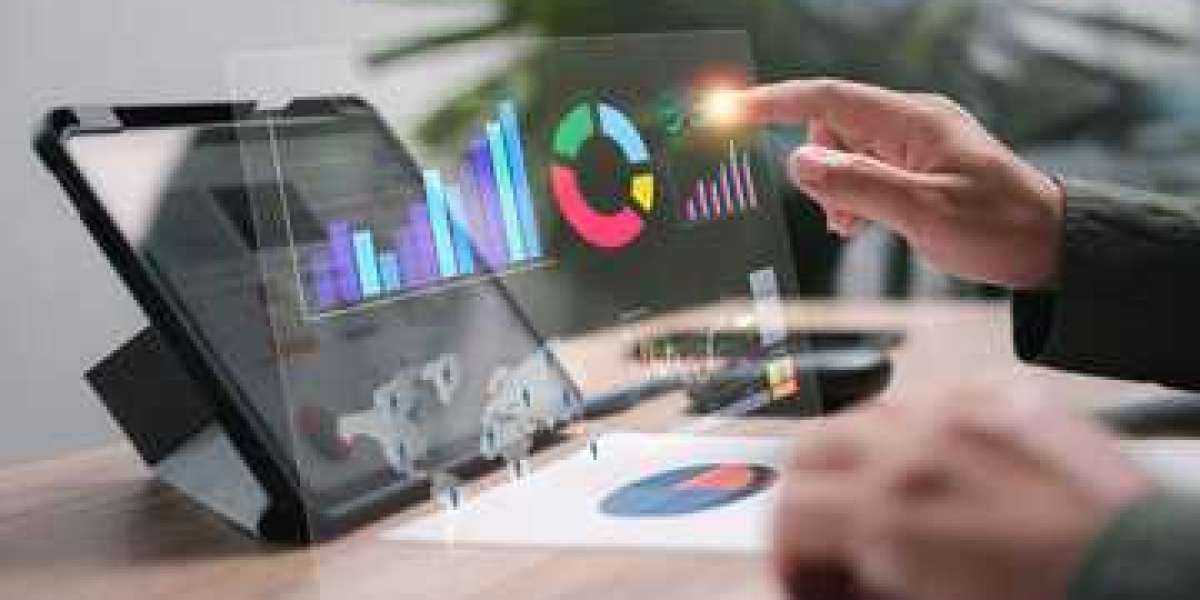Automatic Elevator Inverter Market Analysis
In the bustling urban landscapes of today's world, skyscrapers dominate city skylines, and vertical living and working spaces are ubiquitous. Central to the functioning of these towering structures are elevators, which whisk occupants effortlessly from one floor to another. At the heart of elevator technology lies the automatic elevator inverter, a critical component that ensures smooth, efficient, and safe vertical transportation. This article delves into the burgeoning Japan automatic elevator inverters market, examining key drivers, technological advancements, and the future trajectory of this essential industry.
Understanding Automatic Elevator Inverters
An automatic elevator inverter, also known as a variable frequency drive (VFD) or variable speed drive (VSD), is an electronic device used to control the speed and torque of elevator motors. Traditional elevators rely on fixed-speed motors and mechanical systems to regulate movement, resulting in energy inefficiencies, wear and tear, and limited control over acceleration and deceleration.
In contrast, automatic elevator inverters employ sophisticated algorithms and power electronics to modulate motor speed and torque in real-time, optimizing performance, energy consumption, and ride comfort. By adjusting motor speed to match the load and travel conditions, automatic elevator inverters enable smooth acceleration, precise leveling, and energy-efficient operation, enhancing the overall passenger experience and reducing operational costs for building owners and managers.
Market Dynamics and Growth Drivers
The market for automatic elevator inverters is propelled by a confluence of factors, including urbanization, technological innovation, regulatory mandates, and the growing emphasis on sustainability and energy efficiency:
- Urbanization and Verticalization: As urban populations swell and cities expand vertically, the demand for high-rise buildings and skyscrapers escalates. With each additional floor, the need for efficient and reliable vertical transportation systems becomes paramount, driving the adoption of advanced elevator technologies like automatic elevator inverters.
- Technological Advancements: Rapid advancements in semiconductor technology, digital signal processing, and power electronics have revolutionized the design and performance of automatic elevator inverters. Modern inverters boast higher power densities, improved efficiency, and advanced control algorithms, enabling smoother rides, faster response times, and enhanced safety features.
- Regulatory Compliance: Stringent safety regulations and building codes mandate the use of energy-efficient and environmentally friendly elevator systems in new constructions and retrofit projects. Automatic elevator inverters help building owners and developers meet these regulatory requirements while minimizing environmental impact and operating costs.
- Energy Efficiency and Sustainability: With growing awareness of climate change and environmental sustainability, there is increasing pressure to reduce energy consumption and carbon emissions across all sectors, including building operations. Automatic elevator inverters play a crucial role in optimizing energy usage, regenerating power during braking, and reducing peak power demand, thereby lowering carbon footprints and operating expenses.
Key Players and Innovations
The market for automatic elevator inverters is characterized by a diverse array of manufacturers and suppliers, ranging from multinational conglomerates to niche players specializing in elevator control systems. Some of the key players in the automatic elevator inverter market include:
- Schindler Group: A global leader in elevator and escalator manufacturing, Schindler offers a comprehensive range of automatic elevator inverters designed for reliability, performance, and energy efficiency. Their inverters feature advanced regenerative braking systems, intelligent control algorithms, and seamless integration with building management systems.
- Otis Elevator Company: With a legacy dating back to the invention of the safety elevator by Elisha Otis in 1852, Otis is a trusted name in the elevator industry. Their automatic elevator inverters leverage cutting-edge technology to deliver smooth rides, precise leveling, and superior energy efficiency, meeting the diverse needs of residential, commercial, and industrial applications.
- Mitsubishi Electric Corporation: Renowned for its expertise in electrical and electronic engineering, Mitsubishi Electric offers a comprehensive portfolio of elevator control systems and automatic elevator inverters. Their inverters incorporate advanced vector control algorithms, dynamic braking functions, and predictive maintenance features to optimize elevator performance and reliability.
- KONE Corporation: As a leading provider of elevators, escalators, and related services, KONE is committed to innovation and sustainability. Their automatic elevator inverters utilize regenerative drive technology to capture and reuse energy during operation, reducing power consumption and environmental impact while enhancing system reliability and passenger comfort.
Future Outlook
Looking ahead, the future of the automatic elevator inverter market appears promising, driven by continued urbanization, technological innovation, and the imperative for sustainable building solutions. As cities continue to grow vertically, the demand for efficient, reliable, and environmentally friendly vertical transportation systems will only intensify, driving the adoption of advanced elevator technologies like automatic elevator inverters.
Moreover, ongoing advancements in semiconductor technology, digital control systems, and artificial intelligence (AI) are poised to further enhance the performance, efficiency, and safety of automatic elevator inverters. Features such as predictive maintenance, remote monitoring, and adaptive control algorithms will enable elevator systems to anticipate and respond to changing demand patterns, optimizing performance and uptime while minimizing downtime and maintenance costs.



